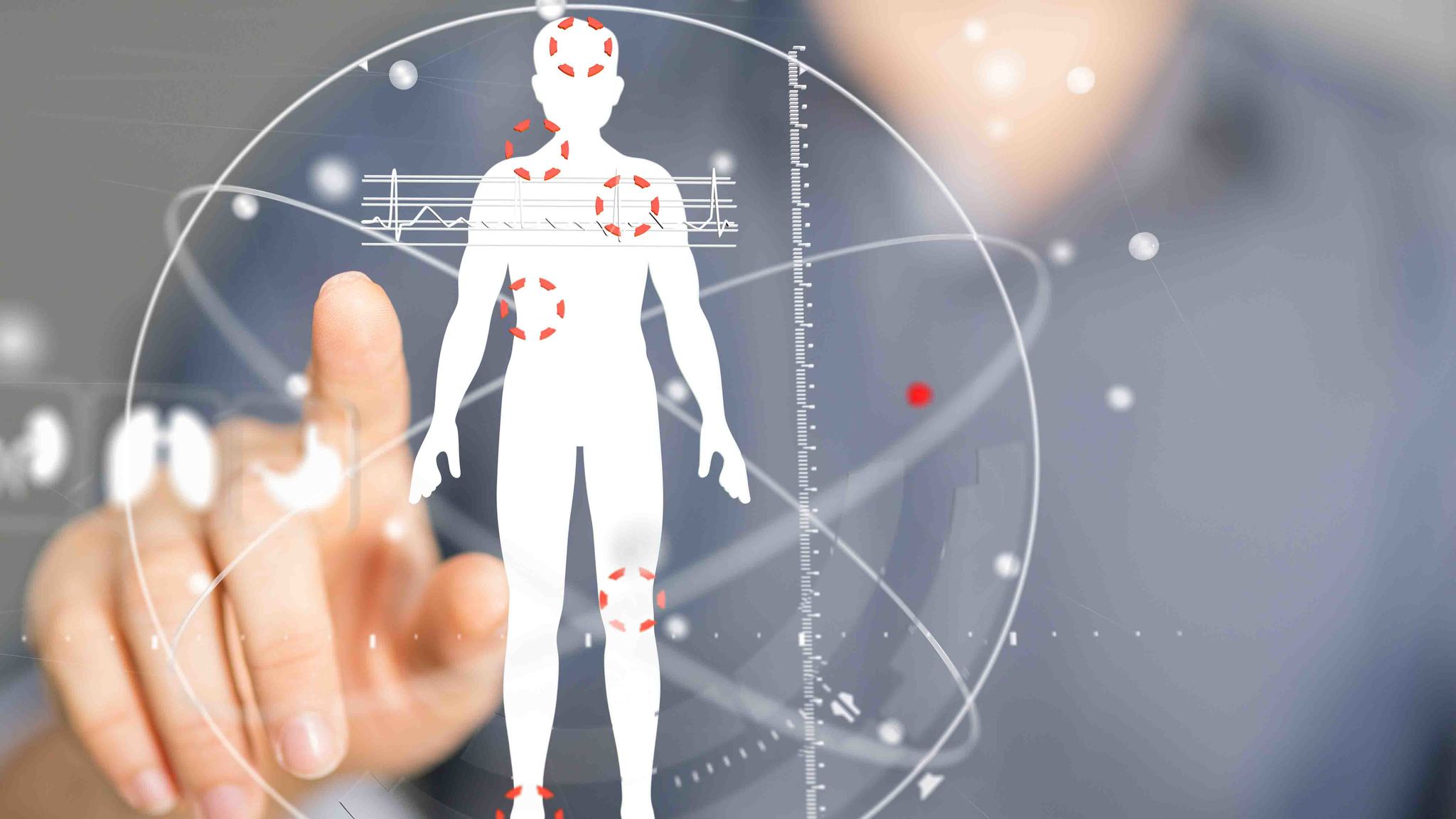
Photo: Adobe Stock
“Digital Health Competence Is Required”
Whether it is health apps or the exchange of health-related data: The health sector is becoming digital.
There are great changes happening in the health sector: Increasing numbers of areas are becoming digital. That goes for the exchange of health data or the search for information. These changes will be addressed during an event on digitalization of the state held by the senator for finance on February 25. Professor Hajo Zeeb and Professor Ansgar Gerhardus from the Faculty of Human and Health Sciences at the University of Bremen will talk about risks and chances. Up2date interviewed Hajo Zeeb.
Where do we encounter digital healthcare in our day-to-day lives?
There are many areas. Today, I am able to contact doctors differently than I was able to do in the past: via video or remote office hours. Digitalization also has a great influence on the flow of data in hospitals. Or apps – both personal fitness apps and also apps via which communities provide information on healthcare.
Could digitalization be a solution for the lack of doctors?
Yes, it is more difficult to maintain care in the countryside due to the lack of doctors. It is great if one is able to offer services so that doctors can be contacted quickly. In cases where patients with certain illnesses had to go to a doctor’s practice in the past, for example ECG monitoring, now, they are able to do this via remote monitoring. That increases the quality of life of the affected and can be economically efficient.
Patients are now able to undergo psychotherapy at home. Is that a good development?
It can be a great supplement to a therapy but direct, personal consultations should not be replaced. There are already some studies that show that it has worked well for certain psychological illnesses. It is often the case that such consultations are not only technology-based but that there is also personal discourse. Direct communication remains extremely important for psychological well-being.

Photo: Christina Selzer / University of Bremen
But not all patients have access to a telematics infrastructure – are they then excluded?
There is surely still work that needs to be done in that area. Of course, many people in Germany have good internet access but there is more to it than well-developed Wi-Fi. It is about whether patients are able to recognize whether the information is relevant and if what they find on the internet is a good service. Thus, digital health competence is required.
How can sensitive health data be protected?
It is important that there is transparency surrounding what happens with data. Many use tracking apps and do not know that their data is being transferred to servers in foreign countries. You need to know who is seeing your data and you need to have access to said data. You also need the security that you would be able to stop it if you were to no longer want it. Data protection also needs to be optimized. It is possible for an app to function via protected channels. It is more complex in terms of data protection but it is technically possible.
Where do you see further opportunities for digital healthcare?
I am particularly interested in prevention and health promotion. Digitalization always promises to be able to easily reach out to large groups of people. In this way, digitalization surely offer many opportunities. I hope that we, via these new paths, can also convey our prevention offers to people who usually make no use of them and are not that often at the doctor’s.
What is the future of digital healthcare?
The future is based on our attempt to use the technological possibilities in such a manner that they contribute to health as a public asset of the population and that they provide support. This also includes the minimization of risks that are naturally involved. And also reflection on the topic. It would be dangerous if digitalization in the health sector were only a commercially operated commodity. There are indications of this already. I find it to be a big problem when my own autonomy is detracted from my data and I unwillingly receive offers that are tailored to me. Unfortunately, there are also many malicious powers around.
Talk on February 25
“Digital Healthcare – Chances and Risks with a View to Public Services” (in German) is the title of the talk.
Hajo Zeeb is a professor of epidemiology with a focus on prevention and evaluation at the University of Bremen and the head of the Prevention and Evaluation Department at the Leibniz Institute for Prevention Research and Epidemiology – BIPS. He is also the spokesperson of the Leibniz ScienceCampus Digital Public Health.